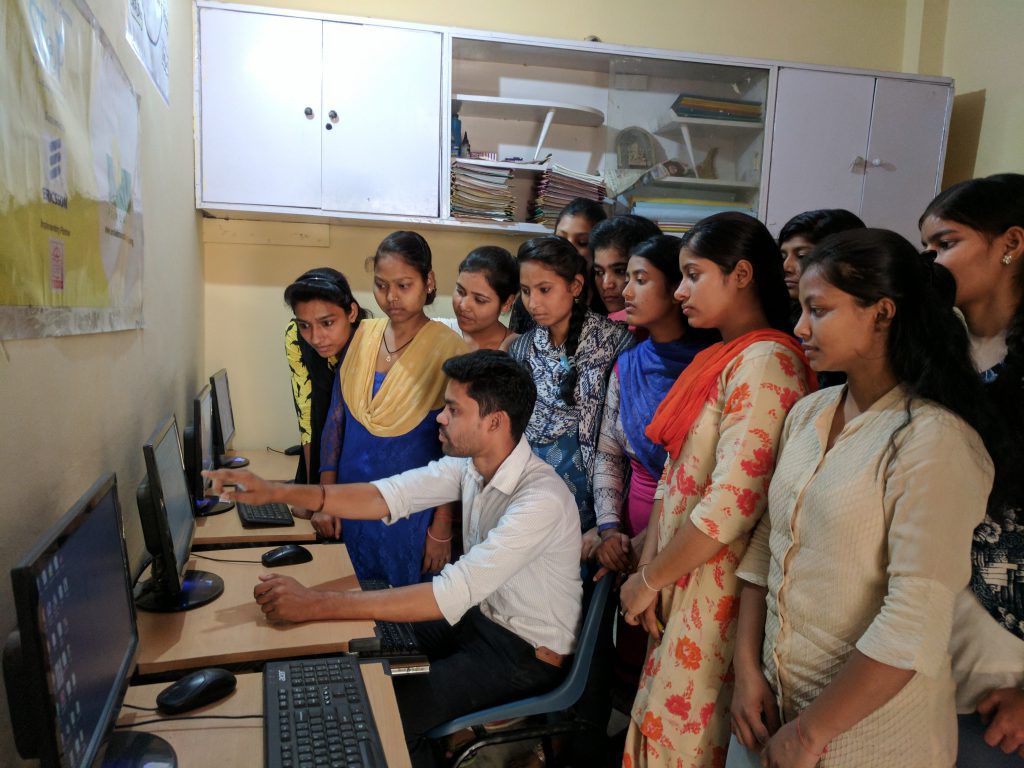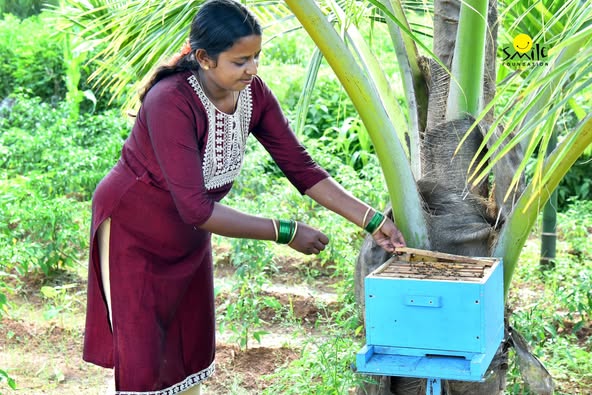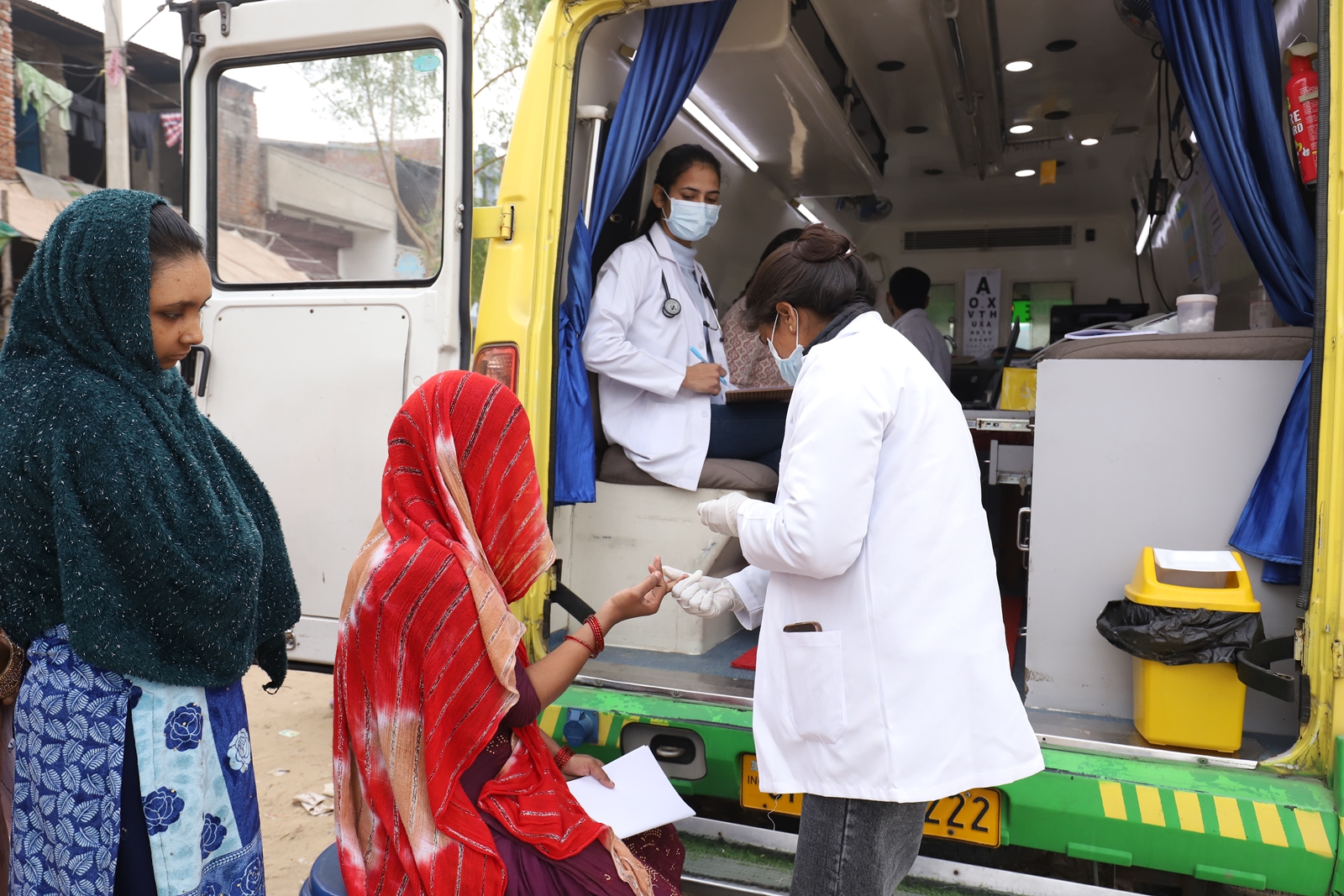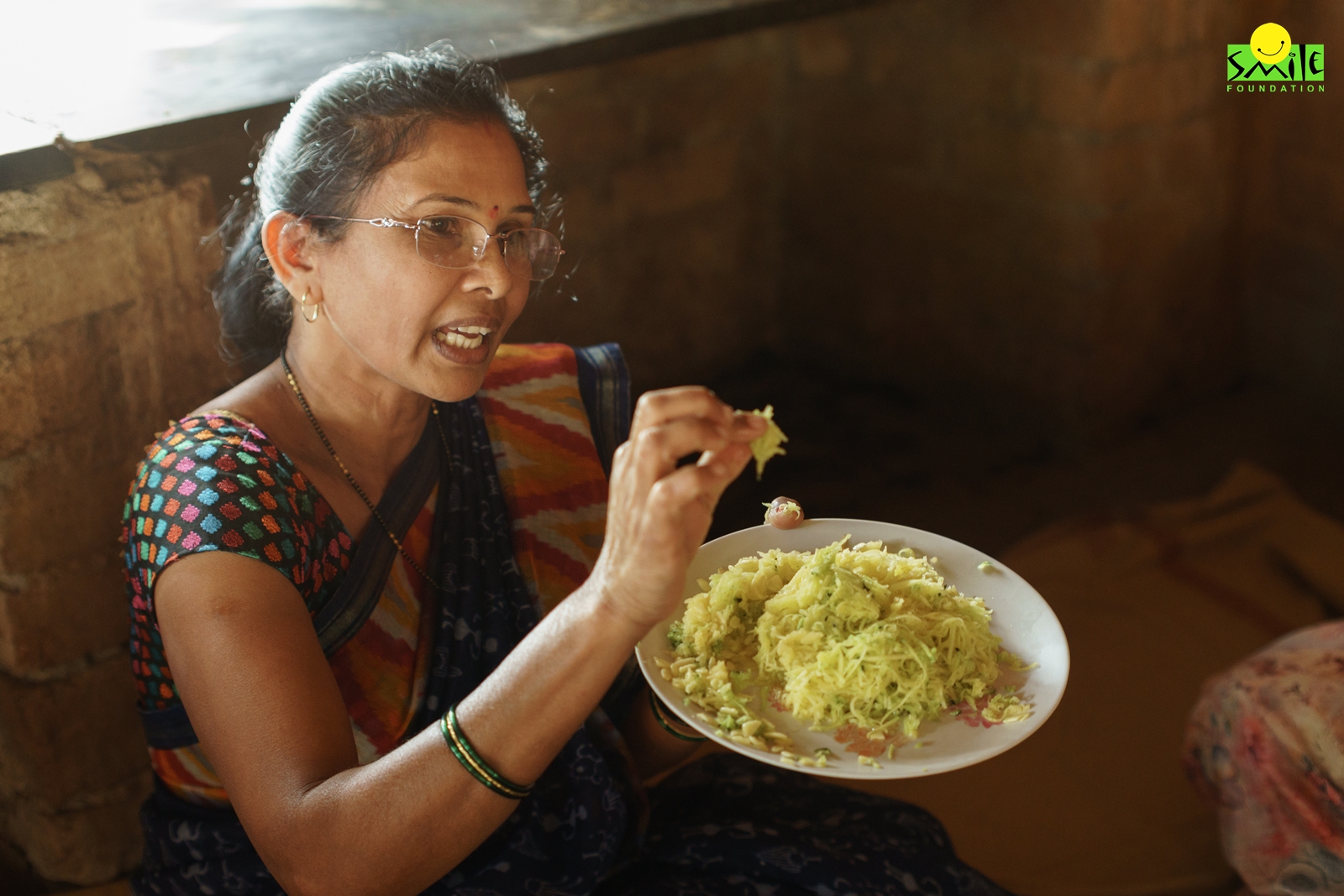With a population of 1.4 billion people, India is not just the 2nd populous country in the world but also holds the reserves of vast human resources. Better still is the fact that the current median age in India is 28.4 years which indicates a distinct demographic advantage as around 68% of the population belongs to the working age-group. However, possessing this demographic dividend alone is not enough. It is imperative that our human resources are converted into efficient human capital that can drive the economic growth of the country. Livelihood Skill Development Programme can play a crucial role in this regard by training them early and training them right. Here’s the why and how!
Livelihood Skill Development Programme: Definition and Need
Livelihood skills refer to the skill set or capabilities, resources and opportunities required for pursuing economic goals or income generation. These comprise technical know-how and vocational skills which can help a person take up an occupation and also the basic skill set like interviewing skills, business acumen, digital skills, accounting and money management etc. required for seeking any job or entrepreneurial activity.
Livelihood skills can truly empower an individual and make him/her capable of gainful employment to meet the needs of self as well as family. The livelihood skills also enable an individual to put their education to practical use. India accounts for one-fifth of the world’s youth population. This can be a tremendous opportunity for our country provided; the youth population is skilled and employable to further the nation’s economic goals.
According to a study, lack of employability skills of Indian youth is a far greater problem than the current scenario of unemployment in India. Data presented in this study from UNICEF and Global Business Coalition for education states that by the year 2030, 54% of South Asians will lack the requisite skills to secure a decent job. It further says that 50% of Indian youth are off the track from obtaining education and skills required for employment by 2030.
A report by ASSOCHAM states that out of about 5 million students graduating every year in India, less than 47% are employable and only about 20% find employment. Many studies point at the loopholes in our existing education system as primarily responsible for this situation. In today’s dynamic world, one needs multiple skills to adapt and meet the requirements of any industry. Besides subject knowledge, communication and soft skills, basic digital literacy and IT skills are also a must to thrive in the job market.
The main purpose of a livelihood skill development programme is to impart the necessary skills to enhance the ability and opportunities of income generation and sustainable livelihood and hence have access to improved standard of living.
Skill Development Training in Rural India
Rural youth comprise nearly 68% of the total population of India, of which 52% are male and 48% are female. This establishes the fact that our demographic dividend is concentrated in rural India and in order to foster economic growth through human capital, our rural youth must be able to realise their full potential. However, in absence of targeted training and skill development our rural youth often face challenges to adapt to today’s fast changing world and ever evolving job market.
Understanding the importance and urgency of this matter, the Govt. of India has launched the initiative of Skill Development Training with the primary objective of empowering women and educated unemployed youth. Indian Government’s Skill Development programmes are designed to impart the necessary skills to enhance productivity and employability of rural youth.
Various schemes have been launched for skill development of rural youth under the Ministry for Skill Development and Entrepreneurship (MSDE). These schemes further the objective of building self-reliance as envisioned in the idea of ‘Atma Nirbhar Bharat’ by the honourable Prime Minister.
Few of the rural skill development programmes in India are listed below:
Deen Dayal Upadhyaya Grameen Kaushalya Yojana(DDU-GKY): Launched in 2014 by Ministry of Rural Development as part of the National Rural Livelihood Mission (NRLM), it serves the dual objectives of fulfilling career aspirations of rural youth as well as adding diversity to income of poor rural households. DDU-GKY focuses on rural youth in the age group of 15-35 years belonging to economically weaker families. Data shows that 12,69,442 candidates have been trained and 7,60,365 placements done under DDU-GKY by year 2022.
Pradhan Mantri Kaushal Vikas Yojana (PMKVY): Flagship scheme of Ministry of Skill Development & Entrepreneurship (MSDE) aimed at training youth to be industry-ready and secure a better livelihood. This skill certification scheme recognizes prior learning and also certifies them after due assessment. This scheme empowers both educated and uneducated unemployed youth with practical and vocational skills. Along with training and skill upgradation, PMKVY also provides placement assistance and continuous monitoring.
Craftsmen Training Scheme: One of the flagship schemes of Directorate General of Training (DGT) under MSDE for long term vocational training in the country. This scheme is implemented through a network of government and private Industrial Training Institutes (ITI) throughout the country aimed to create skilled workforce for around 138 trades in various industries.
Besides the above, there are many skill training and rural youth development programmes under Skill Training of Rural Youth (STRY) implemented by Department of Agriculture and Farmers Welfare, Govt. of India which imparts agri-based vocational skill training to rural youth. These programmes have transformed the lives of many rural young men and women and inspired hundreds of others through their examples.
Impact of Skill Development Programmes on Rural Youth
The primary objective of every skill development programme is to enhance the abilities and thus opportunities of the candidates by equipping them with necessary and relevant skills. These programmes when properly implemented can create a positive spiral at both individual and community level.
According to a research paper the DDU-GKY programme which is a placement linked training and skill-development initiative for poor rural youth has had a significant economic impact on livelihoods of the beneficiaries by increasing employment opportunities as well as augmenting income levels. This in turn enhances their disposable income, thus improving standard of living.
Similarly, a compilation of 75 success stories under Skill Training of Rural Youth (STRY) by National Institute of Agricultural Extension Management (MANAGE) brings into focus the commendable impact created by many such training programmes across the country.
Whether it is the story of Tapash Roy of Assam who used various poultry rearing skills acquired in a training to substantially increase his income or the story of a small time farmer Edmon Lamurong of Meghalaya who picked scientific skills of honey extraction from a training programme to generate sustainable profits from beekeeping; every single success story in this compilation reverberates with applause for the skill training programmes and impact they have on lives of individuals and their families.
Conclusion
Livelihood skill development training programmes not only mitigate unemployment and improve standard of living for rural households but also directly or indirectly impact multiple aspects like rural-urban migration, socio-economic position of women and equitable access to opportunities, thus playing an instrumental role in the progress of the entire nation.
Smile Foundation and Skill Development
Smile Foundation through its e-learning education programme, STeP continues to create a pool of young and independent people through skill enhancement in tandem with market requirements providing training in soft skills, basic computer use, spoken English, and the basics of written communication as well. It is our custom-made skill development programme for the Indian youth.









